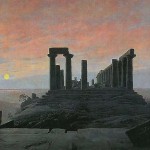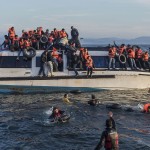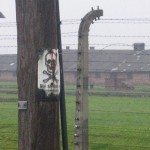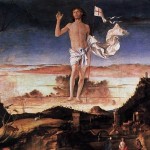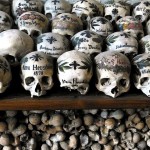“Tragedy typically leaves questions painfully open, . . . [but] the challenge is not only how we speak without false consolation in a world like this but how we keep our culture alive to the fact that it is ‘a world like this.’” –Rowan Williams, The Tragic Imagination I did not expect to live in such an unusual moment. When the God of thunders and of rocky heights, The Lord of hosts, Kyrios Sabaoth, Would humble people to the quick, Allowing... Read more

